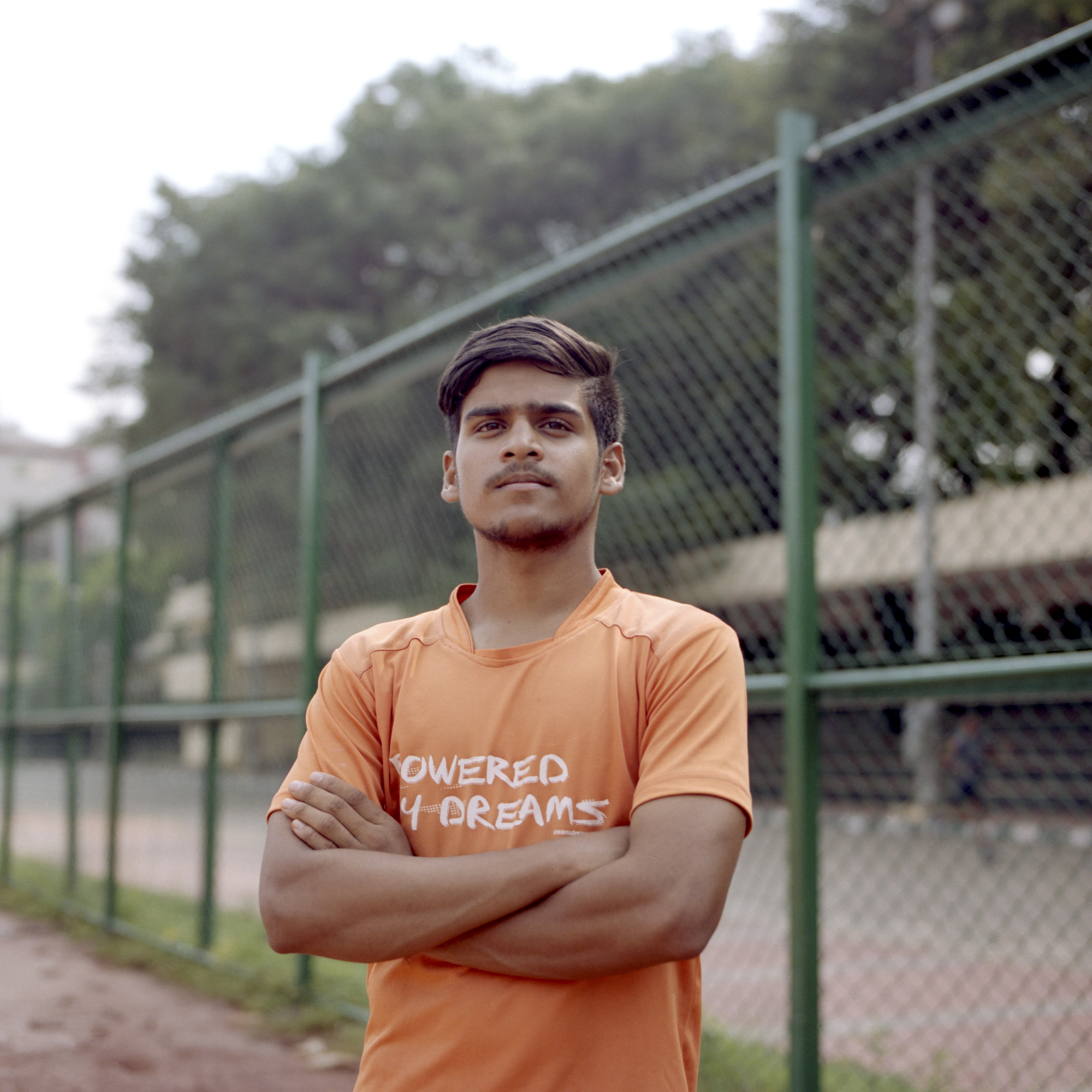Nandini R, a young person from Dream a Dream’s Career Connect Programme told me, “Success for me is all about confidence to not give up on my dreams. It is the ability to put ourselves first.” I grew impatient listening to her because I was looking for a “better” response. A week later, while contemplating writing about youth skills for the 21st Century, my thoughts took me back to Nandini. I pondered why I felt her definition of success was incomplete or unprocessed? In hindsight, Nandini’s definition of success includes an essential skill; confidence, which I lack, primarily because I was brought up in a society that promotes fear.
Fear is used to discipline children at home and in schools by well-meaning caregivers who are oblivious to its adverse psychological impact. Fear of failure, shame, punishment, letting others down, losing affection and respect haunt us. How do we build confidence in a child who is constantly told not to make mistakes, question elders, resist patriarchal norms or assume a different identity? While hiring, everyone wants a confident employee. How can a young person, fed on a daily dose of fear, face an interview panel with confidence? Assailed with frequent doubts over their abilities and worth is prepping many young people to fail in living up to unrealistic standards.
In a society faced with complex existential issues like climate crisis, pandemic, war and a threat of Artificial Intelligence (AI) replacing human workforce; there is a pressing demand from education to prepare innovators, thought leaders and problem solvers. Divergent thinking and expressing thoughts coherently are crucial. In this context, isn’t confidence a skill we all need? At Dream a Dream, we recognize the need to prepare confident young people to face uncertainties. Our researchi proves that social and emotional competencies lead to positive and significant increase in self-confidence and self-esteem in children. In a study titled Project Psycheii, Pavithra KL, who leads the Innovation labs (Dream a Dream’s direct delivery programmes), shares that acceptance is a cornerstone of Dream a Dream programmes in developing confidence- “The vibe we create is of no restriction on what young people can say or do. We encourage dialogue and empathetic listening.” Innovation Labs is our direct delivery programme for life skills development in young people. During an activity in the After School Life Skills programme (ASLSP), the facilitator asked young people to identify and share their ability. Pallavi, a young person in ASLSP, responded “Ability is smartness. When Pavithra Akka clapped, it gave me a boost. I was happy. For the first time in my life, I could express myself fearlessly as there was no concept of being ‘wrong’”. She experienced the thrill of validation and developed the confidence to voice her opinions respectfully. Pallavi became vigilant on behalf of her mother and younger sisters and did not allow her father to ill-treat them. “Only I used to question my father, no one else could. Now I take most of the decisions for the family and he listens to me.”
When he first came to Dream a Dream’s Career Connect Centre, Shiva did not know how to use a computer and did not want to show his vulnerability. He stopped coming to the centre. “One day, I went back there on my own and I understood I can learn computer, art, craft, paper folding and designing. I can meet Tara ma’am and many others, and I can paint if I want. That confidence came in me after I went there alone.”, shares Shiva. Facing fears in a safe space helps young people gain confidence. In a longitudinal studyiii undertaken by Dream a Dream, young people spoke about how talking in a group developed confidence- “I took the initiative and was able to speak in front of a large group. Now, my communication skills have improved and I feel confident when speaking to people.”. When a young programme participant Sathish dreams of representing India in cricket and making his country, community and family proud. It is this vision that helps him train for it every morning. He neither has the financial means, nor the connections; yet he has the power of his dream, and the self-confidence to know that he can achieve it.
An important element of Dream a Dream programmes in developing confidence in young people coming from Adverse Childhood Experiences (ACE) is care. Shiva shares “Being cared for by facilitators created confidence in me to deal with life’s challenges”. A smile, a gentle pat on the back, an empathetic look, a kind gesture, attentive listening is all it takes to show care. In 2012, after a decade of running field programmes; young people were asked what made them participate in Dream a Dream programmes. They shared that they cherished how special the facilitators made them feel. “An indication that someone cares is enough for them to feel confident about handling a situation.” Pavithra calls this, “Thriving- an inner state of confidence and surety in one’s own self.”
Saba Ahmad is a Copy editor, with the Communications team at Dream a Dream.
i Jacob, A., Ravindranath, S., & Bhusan, S (2022). Insights from Dream a Dream’s After School Life Skills Programme: Analysis of the Impact on the Social Emotional Learning Parameters of Young People in Bangalore
ii Project Psyche: A research study by Quantum Consumer Solutions Pvt. Ltd. For Dream a Dream to explore the nuances of thriving among young people from adverse backgrounds (2018)
iii Jacob, A., Ravindranath, S., & Bhusan, S (2022). Insights from Dream a Dream’s After School Life Skills Programme: Analysis of the Impact on the Social Emotional Learning Parameters of Young People in Bangalore


